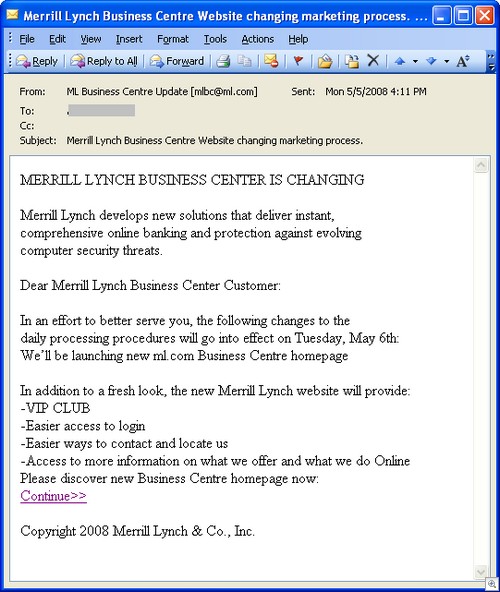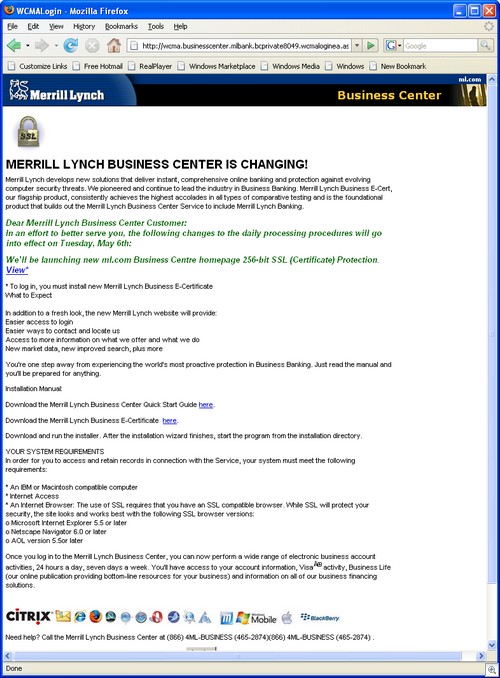
When I first ran SiteAdvisor (back when it was Chris Dixon and a couple of other people, with Ben Edelman lending a hand), my first thought was: A search company is going to buy this.
Well, it turns out that McAfee bought it instead. Yesterday, however, McAfee announced a deal with Yahoo to have search results filtered through SiteAdvisor.
This is a very, very good idea. And, of course, it’s beneficial for McAfee, building brand name awareness.
The major issue I see is false positives, which SiteAdvisor has had problems with in the past, and will put both companies squarely in the sights of upset webmasters. The StopBadware initiative(arguably Google’s only similar offering) battles with upset webmasters on a regular basis, and they have a false positive rate that is arguably non-existent (because their warnings are only based on real malware being on a website, not allegations of spam, etc.). Nevertheless, I’m sure both companies will work through these problems.
As an interesting side note, the current Zango vs. Kaspersky battle may have some bearing here. In its appeal, Zango is arguing that Kaspersky is not acting as an “Interactive Computer Service”:
…Thus, a computer service is “interactive” if it enables people to access the Intenret or access content found on the Internet. Kaspersky does neither of these things and therefore is not an ICS [ed: An Interactive Content Service as portrayed in the Communications Decency Act]. Text here (2.1mb download).
In the Amicus brief that we are a party to, this objection is answered (see page 19 of the brief). However, Zango has backed itself into a corner, because they just defined an Interactive Computer Service as, basically, Yahoo. So I don’t see them having much of a leg to stand on in any fights against Yahoo or McAfee in this regard.
At the end of the day, this is a deal that ultimately benefits the consumer. And that’s ultimately the most important thing we can do as an industry.
Alex Eckelberry








 For those who have argued on this blog that CCTV cameras help make the UK safer, the Guardian today reports that CCTV’s actually don’t work to reduce crimes, despite enormous cost, and enormous intrusions on personal privacy. This is not new news — the British Home Office
For those who have argued on this blog that CCTV cameras help make the UK safer, the Guardian today reports that CCTV’s actually don’t work to reduce crimes, despite enormous cost, and enormous intrusions on personal privacy. This is not new news — the British Home Office 







